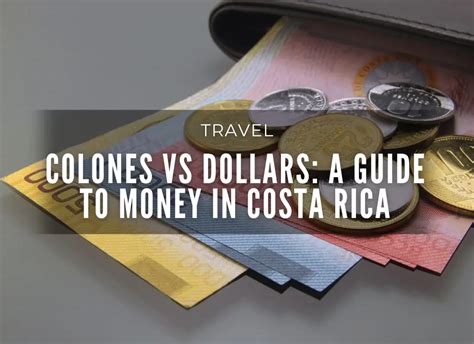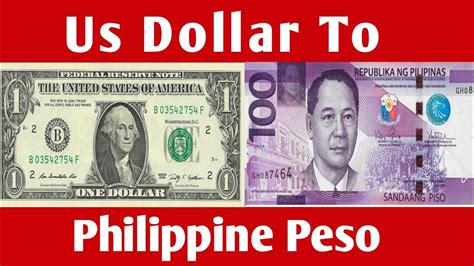Introduction
Costa Rica’s currency, the Costa Rican colon (CRC), has maintained a fluctuating exchange rate against the American dollar (USD) over the years. This has created both challenges and opportunities for businesses and individuals transacting between the two currencies. This comprehensive analysis delves into the historical trends, current dynamics, and future prospects of the CRC vs. USD exchange rate.

Currency Convergence and Divergence
Historical Trends:
- In the early 2000s, the CRC was relatively stable against the USD, hovering around 400 CRC per USD.
- However, in recent years, the CRC has experienced significant depreciation, reaching over 650 CRC per USD in 2022.
- This depreciation can be attributed to factors such as inflation, economic growth, and international trade imbalances.
Current Dynamics:
- As of May 2023, the CRC is trading at approximately 630 CRC per USD.
- The Central Bank of Costa Rica has implemented measures to stabilize the exchange rate, including interest rate adjustments and foreign currency interventions.
Exchange Rate Implications
Business Impacts:
- Exports: A weaker CRC makes Costa Rican exports more competitive in international markets, benefiting exporters.
- Imports: Conversely, a stronger USD makes imports more expensive, potentially affecting businesses reliant on imported goods.
Consumer Spending:
- Inflation: A depreciating CRC can lead to higher inflation, reducing the purchasing power of consumers.
- Tourism: A weaker CRC typically attracts more tourists from countries with stronger currencies.
Future Prospects
Forecasts:
- The International Monetary Fund (IMF) projects that the CRC will continue to depreciate modestly against the USD in the coming years.
- However, the pace of depreciation is expected to slow down, with the CRC stabilizing at around 660 CRC per USD by 2025.
Influencing Factors:
- Economic Growth: Costa Rica’s economic growth rate will significantly influence exchange rate movements.
- Tourism: The tourism sector is a major contributor to foreign exchange earnings, which can stabilize the CRC.
- International Trade: Trade imbalances with the United States can impact the exchange rate.
Exchange Rate Mitigation Strategies
Businesses:
- Hedging: Use financial instruments such as forward contracts to lock in future exchange rates.
- Diversification: Explore alternative suppliers from different countries to reduce currency risk.
Consumers:
- Budgeting: Consider the potential impact of exchange rate fluctuations on travel and other expenses.
- Currency Conversion: Shop around for the best exchange rates when converting currencies.
Tables
Table 1: Historical CRC/USD Exchange Rates
| Year | CRC/USD |
|---|---|
| 2000 | 382.00 |
| 2005 | 422.50 |
| 2010 | 507.00 |
| 2015 | 572.50 |
| 2020 | 605.00 |
| 2022 | 655.00 |
Table 2: IMF Projections for CRC/USD Exchange Rate
| Year | CRC/USD |
|---|---|
| 2023 | 635.00 |
| 2024 | 645.00 |
| 2025 | 660.00 |
Table 3: Factors Influencing the CRC/USD Exchange Rate
| Factor | Impact |
|---|---|
| Economic Growth | Higher growth leads to CRC appreciation |
| Tourism | Increased tourism strengthens the CRC |
| International Trade | Trade deficits weaken the CRC |
Table 4: Exchange Rate Mitigation Strategies
| Strategy | Benefits |
|---|---|
| Hedging | Locks in future exchange rates |
| Diversification | Reduces currency risk |
| Budgeting | Prepares for exchange rate fluctuations |
| Currency Conversion | Finds the best rates |
Conclusion
The Costa Rican colon and American dollar exchange rate is a dynamic and evolving factor that can have significant implications for businesses and individuals. While the CRC has depreciated in recent years, its value is likely to stabilize in the coming years. Businesses and consumers can mitigate the risks and seize opportunities by implementing appropriate strategies. By understanding the historical trends, current dynamics, and future prospects of the CRC vs. USD exchange rate, participants can navigate the complexities and maximize their financial outcomes.



